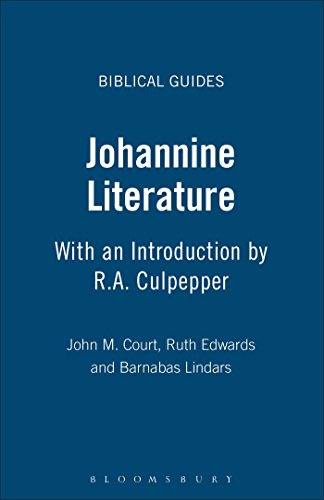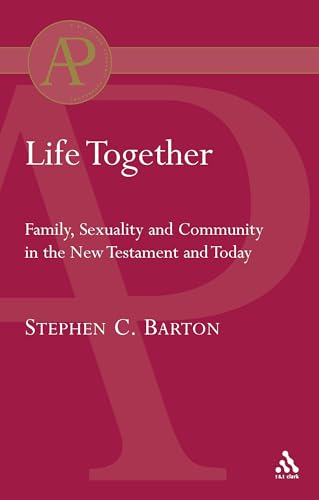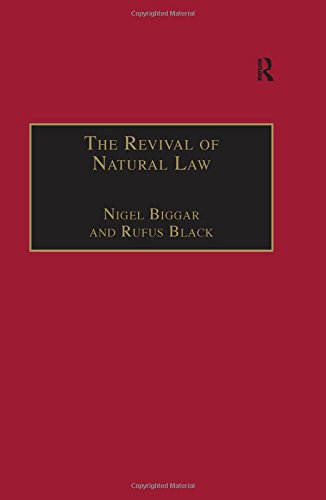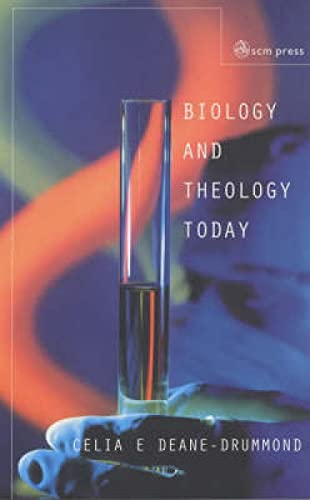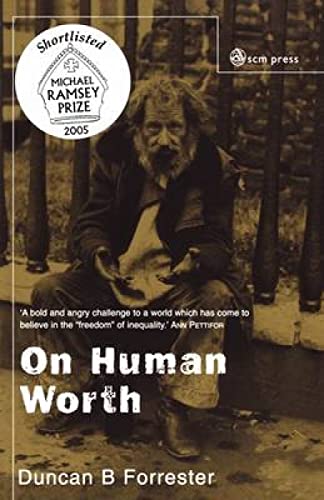Julia Watkins has produced a mostly satisfying book on the nineteenth century Danish thinker, Soren Kierkegaard. In her introduction she sets out her aim to ‘introduce Kierkegaard the Christian thinker’ (2). This is a fine and welcome objective, and part of a movement in recent years to reclaim Kierkegaard for constructive Christian theology (see the work of C.S. Evans, M. Rae, D. Law). Aside from Kierkegaard’s monumental influence on Karl Barth (most famously in his Romans commentary (99)), as Watkins correctly points out, Kierkegaard has been largely misrepresented as merely the father of twentieth century atheistic existentialism (1). Watkin’s purpose is to correct this view, and set out the Christianness of Kierkegaard.
In chapters one and two Watkins begins by setting Kierkegaard’s work in its historical context, and provides a brief introduction to the cultural, political and religious scene of ‘Golden Age’ Denmark, as well as describing Kierkegaard’s family background. While useful, I was frequently distracted and annoyed by Watkin’s overly convoluted sentence construction.
Watkin continues in chapters three and four by seeking to delineate Kierkegaard’s ‘world-view’. Here, she nails her colours to the mast and argues that ‘the structure of argumentation in his writings reflects his personal commitment to a Christian world-view’ (23). While this is a much disputed position (cf. G. Pattison, Kierkegaard and the Crisis of Faith, London: SPCK, 1997), she provides sufficient evidence to support this position. However, I think her efforts at explaining the character of this worldview would not be particularly clear to a newcomer. Her account of the basically Lutheran structure of Kierkegaard’s soteriology is sometimes a little muddling, although the point about this connection is generally well made: ‘the individual is unable to reach the standard set up in the Christian lifestyle, and the figure of Jesus now becomes important as the redeeming Christ who both reveals the nature of God’s goodness and yet makes good the deficiencies of the sinner’ (26).
Watkin’s goes on in chapter five to detail Kierkegaard’s concern with the common threats to human freedom, found in those obsessed with the everyday (56), and in those seduced by the ‘life of the senses’ (57). Chapter six has a helpful exposition of Kierkegaard’s views on the tensions and demands on living the God-centred life, and the ways in which Kierkegaard overcomes the problems associated with Lessing’s ‘ugly ditch’, namely ‘whether one can rest the question of one’s eternal blessedness on a historical claim’ (83). In Philosophical Fragments and Concluding Unscientific Postscript, Kierkegaard argues that faith and not intellectual assent is the basis of eternal life, and with this modern mind is placed on the same level as the contemporary of Jesus in seeing the ‘contradiction of a man claiming to be God’ (83). With this Kierkegaard is attacking the view which sees reason independent of revelation as that which is sufficient to determine the truthfulness or untruthfulness of the testimony of sacred history.
Watkin concludes with an interesting discussion of Kierkegaard’s influence on subsequent theological and philosophical thought (ch. 6), and a few thoughts on what he might add to an ecumenical dialogue (ch. 7).
On the whole, I found Watkin’s book on Kierkegaard to be a mixed bag. While there was clearly great familiarity with the material, it was not always presented very well. However, it is a welcome contribution to the efforts to bring Kierkegaard back into the theological fold.
Jonathan Norgate
Aberdeen



